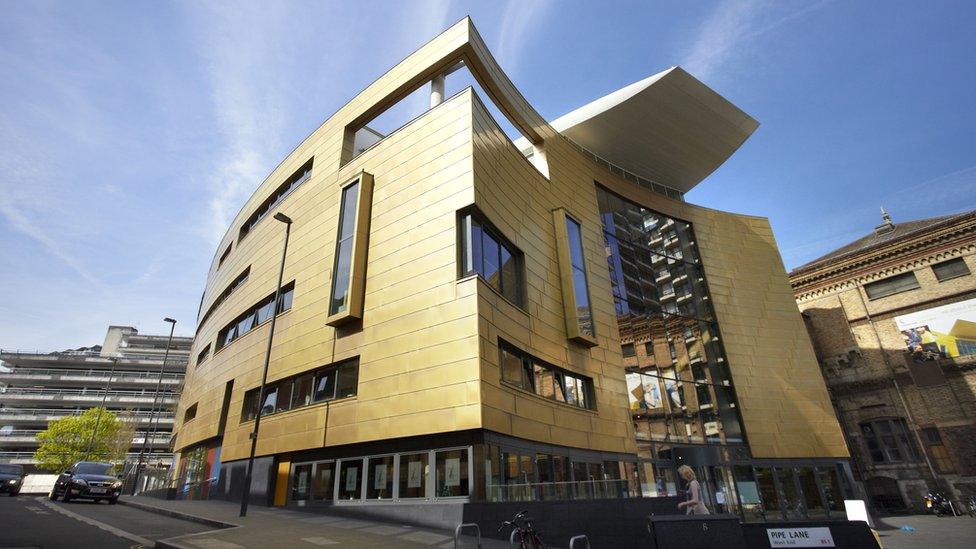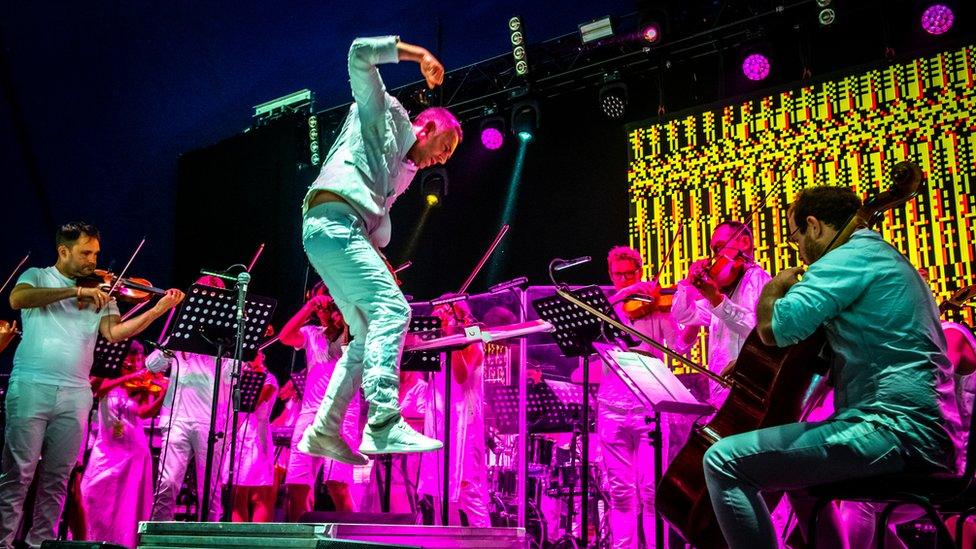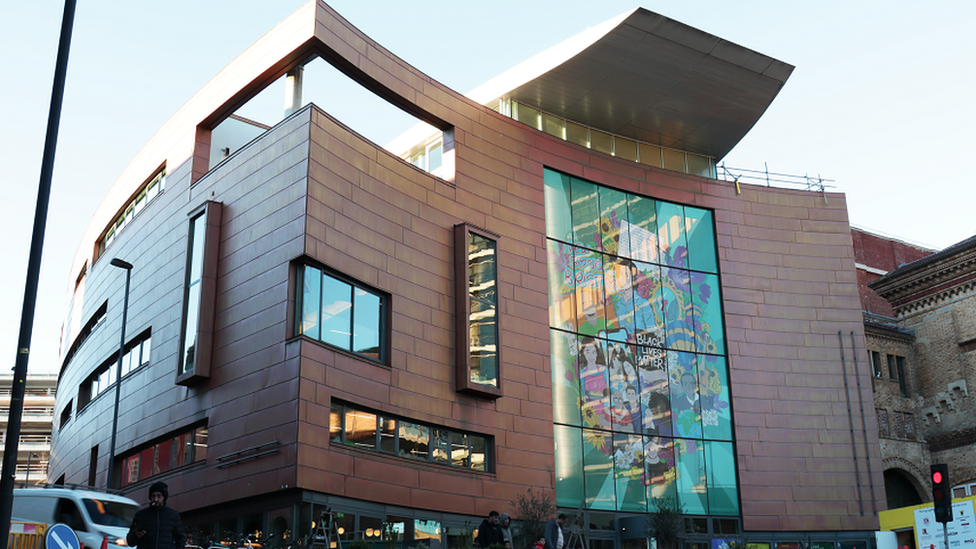Bristol Beacon refurb 'third-largest council expenditure'
- Published

The Bristol Beacon is expected to reopen in the autumn
The city council spent more on the refurbishment of the Bristol Beacon last year than on new homes, expanding schools or low-carbon energy projects.
A further £22.5m was spent on the concert venue, with its final cost expected to hit £132m - nearing triple its original estimate of £48 million.
Opposition councillors said the money spent exceeded what the venue is worth.
But Bristol City Council said the boost to the city's economy would "ultimately dwarf" the costs of the works.
According to the local authority's recently published draft accounts, the total amount ploughed into the project and written-off now stands at £93m, with a further £4m committed to the building contractor.
The £22.5m spent on the Bristol Beacon made it the council's third-largest area of capital investment last year - behind housing stock at £61.5 million, of which £20m was spent on new-build developments.
Elsewhere, the £41.6 million devoted to transport schemes was the second-biggest expenditure, according to the Local Democracy Reporting Service, external.
It said money spent on the venue exceeds the £15.3 million spent on improving and expanding school buildings, £12.7m on renewable energy and £9.6 million on flood defences.
Jonathan Hucker, Conservative councillor for Stockwood ward and a qualified accountant, said: "At a spend of £22.5million in the year, Bristol Beacon continues to be a massive drain on the council's financial resources.
"All of this cash is getting written off in the accounts because the venue is leased at a peppercorn rent and therefore has no economic value to the council."
It was unlikely the council would ever see a return on the "colossal expenditure" on the project, he added.
'Stimulate economic growth'
But the council said its commitment to the modernisation and refurbishment of Bristol Beacon was an investment "that will deliver a world-class venue for generations to come" and it was "incorrect" to say the site had no value.
"It goes well beyond the value of the bricks and mortar that make up the site and relates directly to our duty to stimulate economic growth that benefits the city," a council spokesperson said.
"These benefits will be felt by the local night-time economy and the retail sector as footfall increases, jobs are created, and tourism rises."
They added there would also be indirect benefits from the education, employment, and training opportunities the venue would "deliver and support".
"Estimates prior to the works began put the total economic impact of the new venue and its delivery at over £410m over a 20-year period, supporting nearly 400 jobs a year during that time.
"This return will ultimately dwarf the initial investment made in the physical building itself."

Follow BBC West on Facebook, external, Twitter, external and Instagram, external. Send your story ideas to: bristol@bbc.co.uk , external
Related topics
- Published24 May 2023

- Published17 January 2023

- Published5 January 2023
